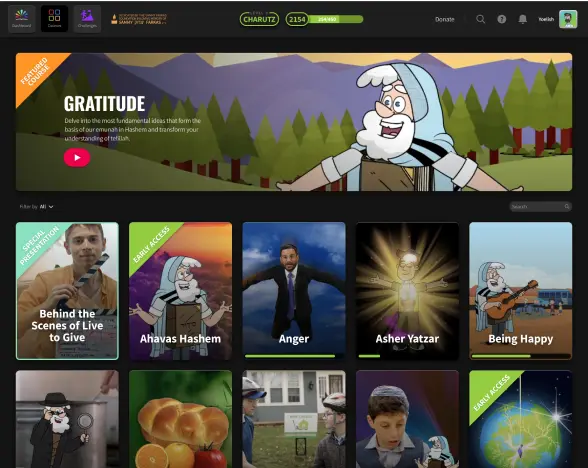Borer on Shabbos: Mastering the Art of Selecting with Clarity and Calm
Are You a Master Sorter or Perpetual Piler?
Picture this: It’s Shabbos morning, and someone is rifling through a messy pile of laundry to find the one shirt they want. Or maybe there\'s a mound of mixed cutlery left over from last night\'s meal, and someone wants to tidy up, but suddenly you hear that familiar Shabbos question: Wait! Is this okay to do on Shabbos?
Sorting, selecting, and organizing seem like simple, everyday acts. But on Shabbos, they can become gateways to deeper mindfulness—and Borer, the melacha of selecting, gives us a chance to tune in, slow down, and bring intention into the moment. Let’s dive into the ancient wisdom of borer, and uncover its modern spiritual (and psychological!) lessons for every Jewish home.
Borer—More Than Just Picking and Choosing
In the Mishkan, borer was all about refining and readying: carefully picking out unwanted stones and chaff from the wheat after winnowing, by hand, so only the best kernels were left to become bread for the holy service. From this ancient agricultural picture, we learn that borer means separating the bad from the good—and, just as importantly, noticing what is mixed and what is already clear.
The laws of borer apply to so many Shabbos scenarios: from food to laundry to toys, from bookshelves to cutlery drawers. Ever tried to put away only forks from a jumble of utensils, or organize a child’s puzzle pieces? Borer reminds us: If it looks and feels like one big mixture, it’s time to pause and think.
Selecing for the Soul—Jewish Wisdom Meets Psychology
Borer is not just about following rules—it’s a mindfulness training program handed down for generations! Psychologists say that our environments affect our minds: clutter can overwhelm us, and sorting things into order is soothing. Jewish tradition takes it a step further—on Shabbos, we don’t rush to fix every mess; instead, we stop, breathe, and let things be, unless we do it in the Shabbos way.
Our sages teach: Borer is only a problem when three conditions are met: you separate with a tool (not your hand), separate bad from good (instead of good from bad), or do it for later rather than for immediate use. These distinctions aren’t just technicalities—they’re life lessons! Sometimes, we’re called to focus on what truly matters and leave the desire to “control” and “perfect everything” until later. Shabbos invites us to accept a bit of chaos, to trust, and to enjoy the present.
Real-Life Stories and Easy-to-Remember Tips
- Example 1: Messy vs. Orderly – A pile of mixed laundry: you can’t sort it into drawers for next week. But if each shirt is in its own clear space—no mixture, no problem. Chaos is a key!
- Example 2: The Silverware Drawer – Sorting mixed-up spoons and forks (for a future meal) isn’t allowed. But taking out just what you need now for kiddush? That’s a Shabbos win!
- Example 3: The Fruit Bowl – A bowl of all the same apples: pick and eat as you like. But a bowl with apples and oranges? Remember the three conditions before selecting.
Here’s a psychological angle: Studies show that doing one thing at a time—being present—lowers stress and increases happiness. Borer teaches us to do just that… and to let go of the urge to sort the whole world at once.
Bring Borer Wisdom into Your Week—Three Simple Steps
- When in doubt, pause and notice: Is this a mixture? Do I need this right now?
- Ask yourself the “borer checklist”: Am I using my hand, taking only what I want for immediate use, and picking the good from the bad? If yes, you’re good to go!
- Embrace imperfect order: Let a little mess exist without frustration. Shabbos is about serenity, not perfection.
Transitions: From Kitchen Counter to Calm Mindset
Every Shabbos, borer gives us a training ground to practice letting go of minor frustrations and choosing peace in small, meaningful ways. What starts out as sorting socks or searching for a fork turns into a deep spiritual discipline—a practice of presence, acceptance, and joy.
Let’s Sort Smarter, Live Calmer, and Embrace Shabbos Joy!
Ready to discover more? Join the Torah Live community for tons of free, fun, and family-friendly Torah inspiration—videos, games, challenges, and more, all 100% clean and 100% fun! Sign up for free at TorahLive.com/signup!
Let this Shabbos be the one where you let go, select wisely, and discover a new kind of rest. Shabbat Shalom!
